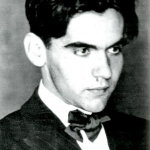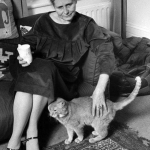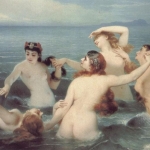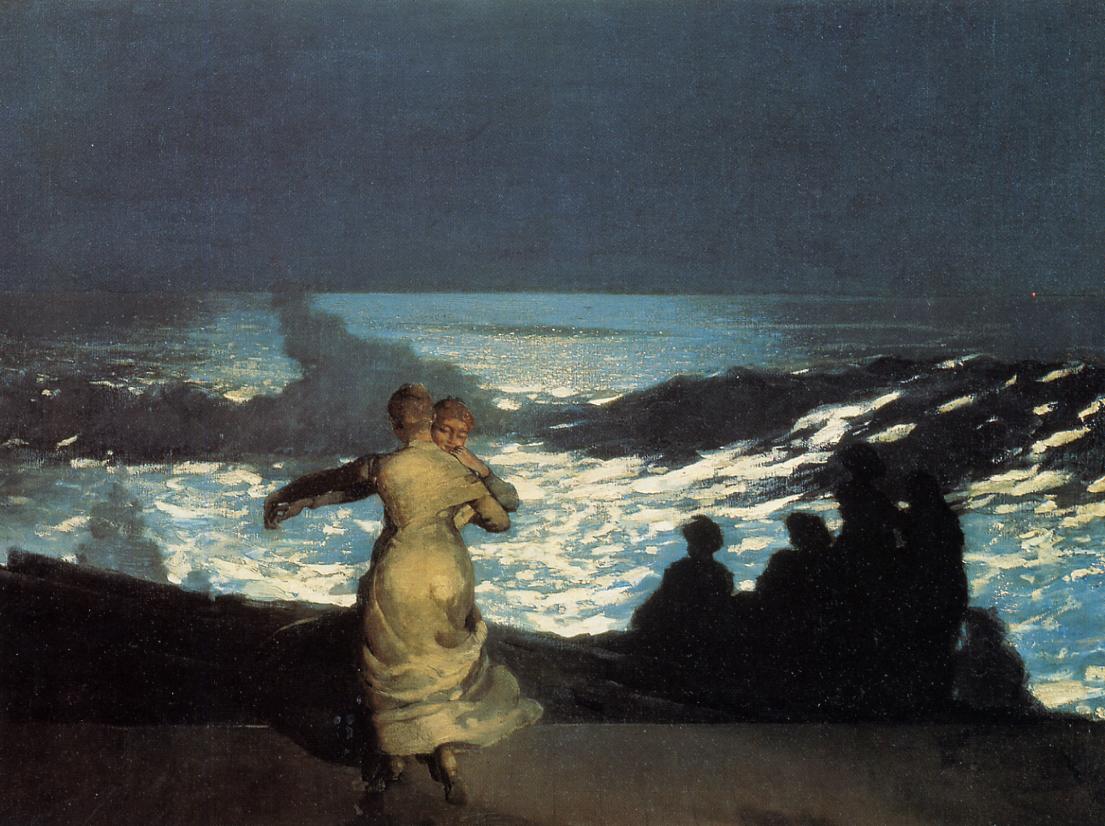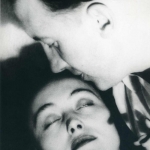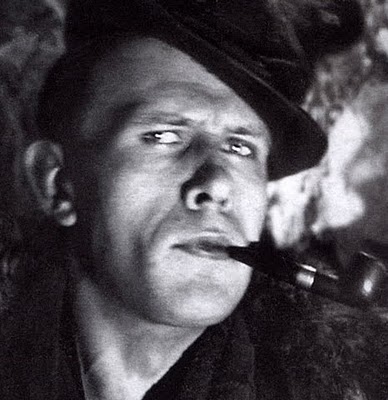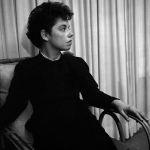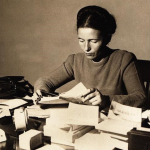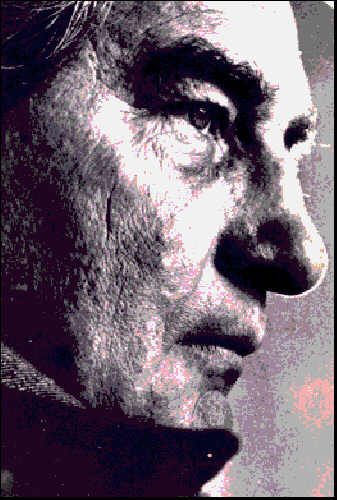MIRAGE ~ POEM BY CHRISTINA ROSSETTI

The hope I dreamed of was a dream,
Was but a dream; and now I wake
Exceeding comfortless, and worn, and old,
For a dream’s sake.
I hang my harp upon a tree,
A weeping willow in a lake;
I hang my silenced harp there, wrung and snapt
For a dream’s sake.
Lie still, lie still, my breaking heart;
My silent heart, lie still and break:
Life, and the world, and mine own self, are changed
For a dream’s sake.
Charles Conder (1889)

